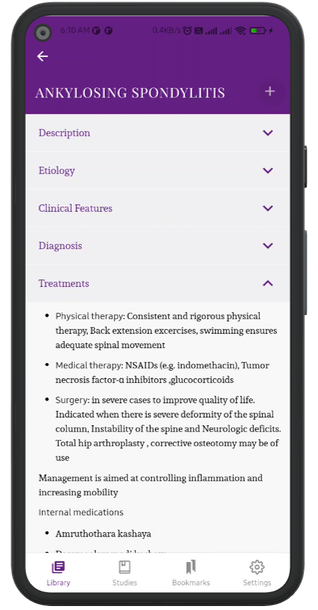INTELLECTUAL DISABILITY/ MENTAL RETARDATION
Description
- It is defined as significantly subaverage general intellectual functioning associated with significant deficit or impairment in adaptive functioning, which manifests during the developmental period (below 18 years of age). A deficit in both general intellectual functioning and adaptive behaviour is seen in Mental Retardation Usually IQ below 70 is considered as MR.
Classification:
- Mild – IQ 50-70
- Moderate – IQ 35-50
- Severe – IQ 20-35
- Profound – IQ <20
Types
- Mild MR is the most common type accounting for 85-90% of all cases. Normal growth and development occur till 5 years of age and can progress till 6th grade with minimal support. This group of kids is called educable. Only under stressful conditions or in the presence of associated diseases supervised care may be needed.
- 10% of total cases fall under moderate MR. Despite poor social awareness, these children can learn to speak. Often they drop out of school after the second standard. These groups are called as trainable. They need supervision for semi-skilled or unskilled works.
- Severe MR is often recognized early in life with poor motor development and absent or markedly delayed speech and other communication skills.
- 1-2% of all cases fall under profound MR group. The associated physical disorders which often contribute to MR are common in this subtype. They need nursing care or life support under a carefully planned or structured environment
Differential Diagnosis
- Deaf & Dumb
- Deprived children with inadequate social stimulation
- Isolated Speech defects
- Epilepsy
- Infantile autism
- Childhood-onset Schizophrenia
Investigation
- History and general physical examination.
- Detailed neurological examination
- Mental status examination
- IQ test ( Seguin form board test)
- Investigations: Blood- urine routine, EEG, chromosomal studies, CT scan, MRI scan, Thyroid function test
Treatments
- Management of intellectual disability is discussed under prevention at primary, secondary and tertiary levels
- In primary level measures to improve social awareness, the socio-economic condition of the society, timely immunization to children, genetic counselling to risk parents etc are done
- In the secondary level, the underlying cause is ruled out at the earliest and necessary medical care is provided. All measures to diagnose the condition as early as possible can bring improvement during rehabilitation
- Tertiary level of prevention include adequate treatment for psychological and behavioural problems, rehabilitation in vocational, physical and social areas, parental counselling and residential care
Internal medicines
- Deepana, Pachana and krimighna medicines
- Sankhupushpi + Aswagandha + Yashti churna in equal quantity
- Samana snehapana -Kooshmanda swarasa ghrita/ Saraswata ghrita/ Brahmi ghrita/Tikataka/ Panchagavya ghrita
- Manasamitra vataka if aggression is present
- Saraswatarishta / Aswagandharishta
- Chandanadi taila / Sankhupushpadi taila for head
Procedures
- Snehapana - Kooshmanda swarasa ghrita/ Saraswata ghrita/ Brahmi ghrita/Tikataka/ Panchagavya ghrita
- Mridu virechana
- Snehavasthi - Brahmi ghrita
- Tailadhara
- Sirolepa to reduce irritation and agitation
- Siropichu to improve sleep and calmness
Department
Manasika Roga

